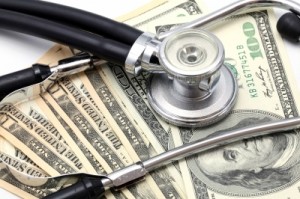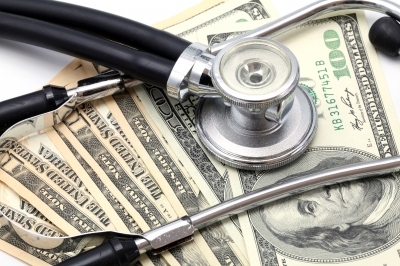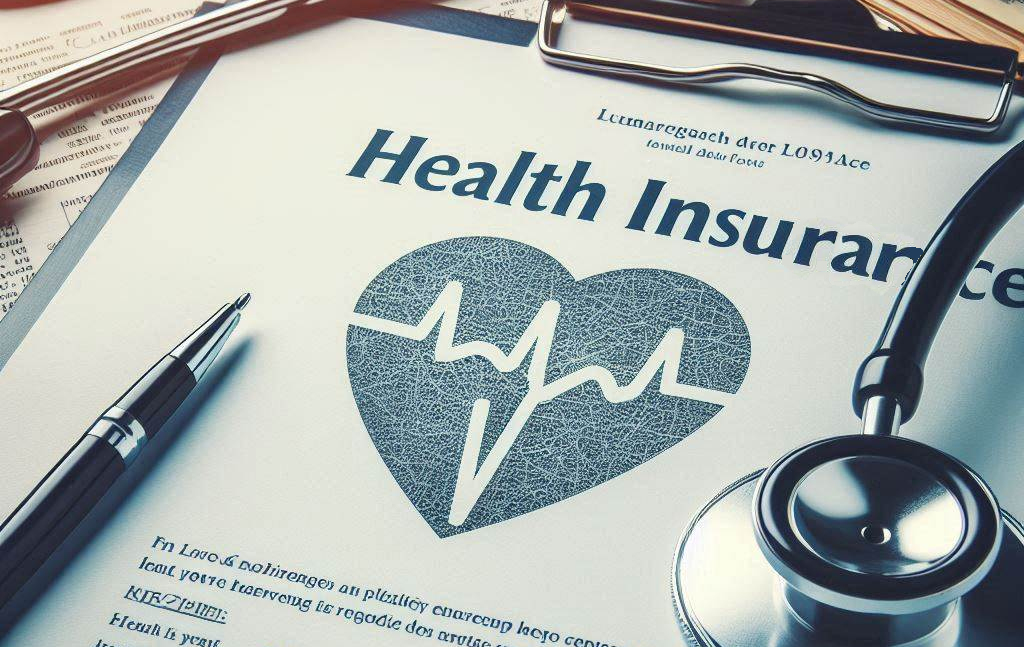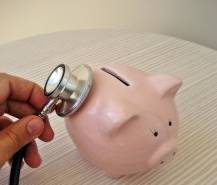Paying for unexpected medical bills can be costly and set you back financially if you are not prepared. However, there are some things you can do to minimize the impact of future emergency medical costs and other unexpected expenses. We have put together a list of practical ways you can better prepare for emergency expenses, no matter where they come from.
Insurance

Saving
Now this may seem obvious, but most people think of just having a savings account for all types of unexpected expenses. However, it may be wise to add specific savings, or dedicate a specific amount of savings for future medical emergencies. You don’t want to think negatively and hopefully this type of savings never needs to be used, but it is smart to expect the unexpected and have a little extra padding.
Flexible Spending Accounts
If your employer offers a flexible spending account (FSA) for medical related expenses, you certainly want to consider signing up for it. An FSA allows you to contribute a portion of your check, before taxes, each month. Once your account is opened, you will have all of the expected yearly contributions in your available balance to spend. The savings and benefits from tax breaks, easy monthly payments, and having an available lump sum are all good reasons to consider getting an FSA.
Preventative Maintenance
This last planning tip is an effective, and unconventional way to look at planning your health and finances. According to http://www.vitals.com/doctors/Dr_Gilbert_Webb.html you can be healthier by eating seven differently colored foods each day, reducing your overall meat intake, exercising, and taking supplemental vitamins. Keeping your body healthy will allow you to save money in the long term. Your body is the investment here, so make sure it’s up to the challenge.
These four ways to plan for emergency bills are just a few methods you can try. There may be other ways to plan financially, but these methods are a good place to get started that benefit your health and finances.
Photo Credit: Vichaya Kiatying-Angsulee on FreeDigitalPhotos.net





